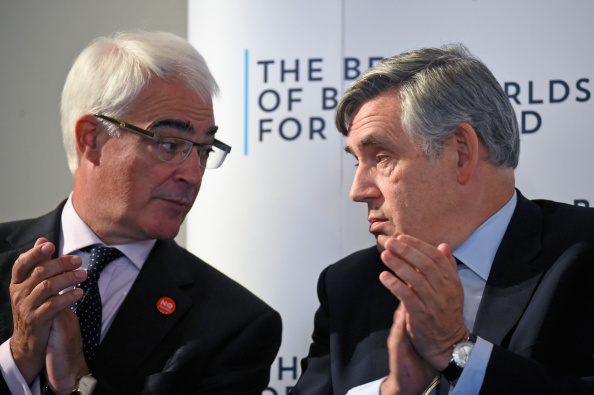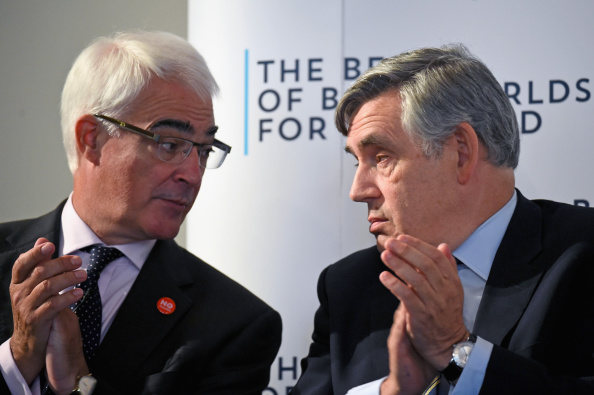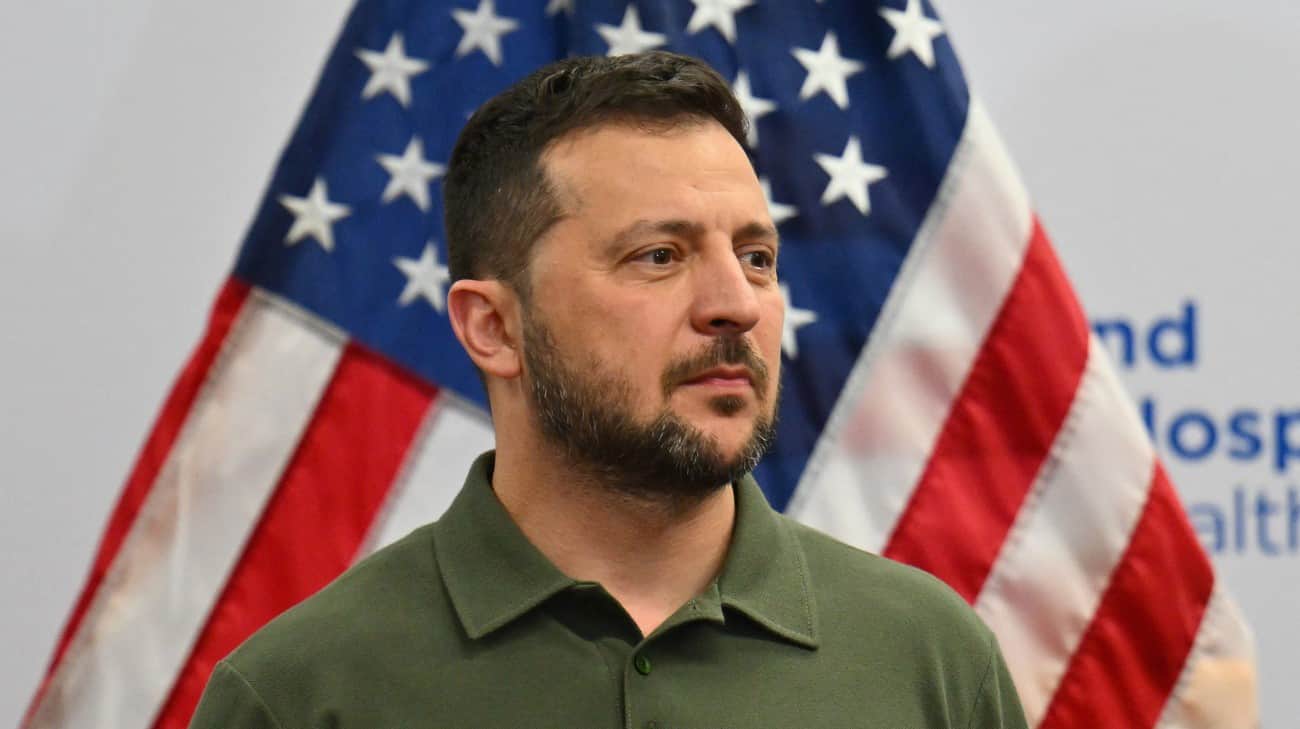Alistair Darling: Gordon Brown says briefings against his chancellor were ‘completely unfair’
Asked if he had apologised to Darling over the briefings, Brown said: “If there had been a briefing against him that was attributed to me, yes of course. I mean that was completely unfair.”


Gordon Brown said political briefings against Alistair Darling in 2008 were “completely unfair”, as he paid tribute to his former chancellor following his death aged 70.
In an interview with BBC Radio 4’s Today programme, Brown said that Darling was a “compassionate politician who wanted to get things done” but was “always very quiet in the way he did it”, adding that he was a statesman of “unimpeachable integrity”.
The former prime minister said Darling’s “patience as well as his calmness and composure and considered way of working” was vital to dealing with the banking crisis in 2008, adding that he deserved “a huge amount of credit for the economy recovering”.
Darling had remarked in 2010 that Brown’s No 10 had unleashed “the forces of hell” against him through negative briefings after he warned of a severe recession in 2008.
Brown said one of the problems of government was that “you have lots of people said to be briefing on your behalf who you don’t even know the names of”.
“So some of these things happen and you’ve got to apologise afterwards, but you don’t actually know who’s done these kind of briefings.”
Asked if he had apologised to Darling over the briefings, Brown said: “If there had been a briefing against him that was attributed to me, yes of course. I mean that was completely unfair.”
He added: “I never believed that this sort of surreptitious way of dealing with politics is in any way honest, or something that can be defended at all.”
Brown said the former Edinburgh South West MP “did a great job” as chairman of the cross-party campaign set up to keep Scotland in the UK in the run-up to the 2014 independence referendum.
The former prime minister said Darling was “dragooned” into leading the campaign, but had managed to bring together “different political factions that were usually at war with each other”.
After holding a series of government posts, including transport secretary and Scottish secretary in the Blair government, Darling was appointed chancellor when Brown took over at No 10 in 2007.
Brown said at one stage during his time in No 10, he offered Darling the role of foreign secretary – but the offer was turned down because he wanted to remain in his post as chancellor.
The former prime minister said Darling was one of the ministers that Sir Tony Blair would call on when there was a “department in trouble”.
Sir Tony described the veteran politician as having been a “rarity in politics”, adding he “never met anyone who didn’t like him”.
He added: “He was highly capable, though modest, understated but never to be underestimated, always kind and dignified even under the intense pressure politics can generate.
“He was the safest of safe hands. I knew he could be given any position in the Cabinet and be depended upon.
“I liked him and respected him immensely as a colleague and as a friend.”
A statement issued on behalf of Darling’s family on Thursday said: “The death of Alistair Darling, a former chancellor of the Exchequer and long-serving member of the Labour cabinet, was announced in Edinburgh today.
“Mr Darling, the much-loved husband of Margaret and beloved father of Calum and Anna, died after a short spell in Western General Hospital under the wonderful care of the cancer team.”
Paying tribute to him, Labour leader Sir Keir Starmer said: “Alistair lived a life devoted to public service. He will be remembered as the chancellor whose calm expertise and honesty helped to guide Britain through the tumult of the global financial crisis.
“He was a lifelong advocate for Scotland and the Scottish people and his greatest professional pride came from representing his constituents in Edinburgh.
“Alistair will be missed by all those whose lives he touched. His loss to the Labour Party, his friends and his family is immeasurable.”
Prime Minister Rishi Sunak said: “Alistair Darling’s passing is a huge loss to us all.
“He was a dedicated public servant who served this country though challenging times.”
Sunak said Darling was “vital in keeping our union together” during the 2014 referendum.
Former Scottish first minister Alex Salmond, who led the campaign for independence in the 2014 referendum, described Mr Darling as a “hugely significant figure in UK politics” and an “effective politician”.
Foreign Secretary Lord Cameron, who was Tory leader while Mr Darling dealt with the global financial crisis, remembered the then-chancellor as a “thoroughly kind and decent man”.
He said Mr Darling led the Better Together campaign – which came when Lord Cameron was prime minister – “with great distinction and tenacity, securing Scotland’s place in our union”.
Press Association – Sam Hall



